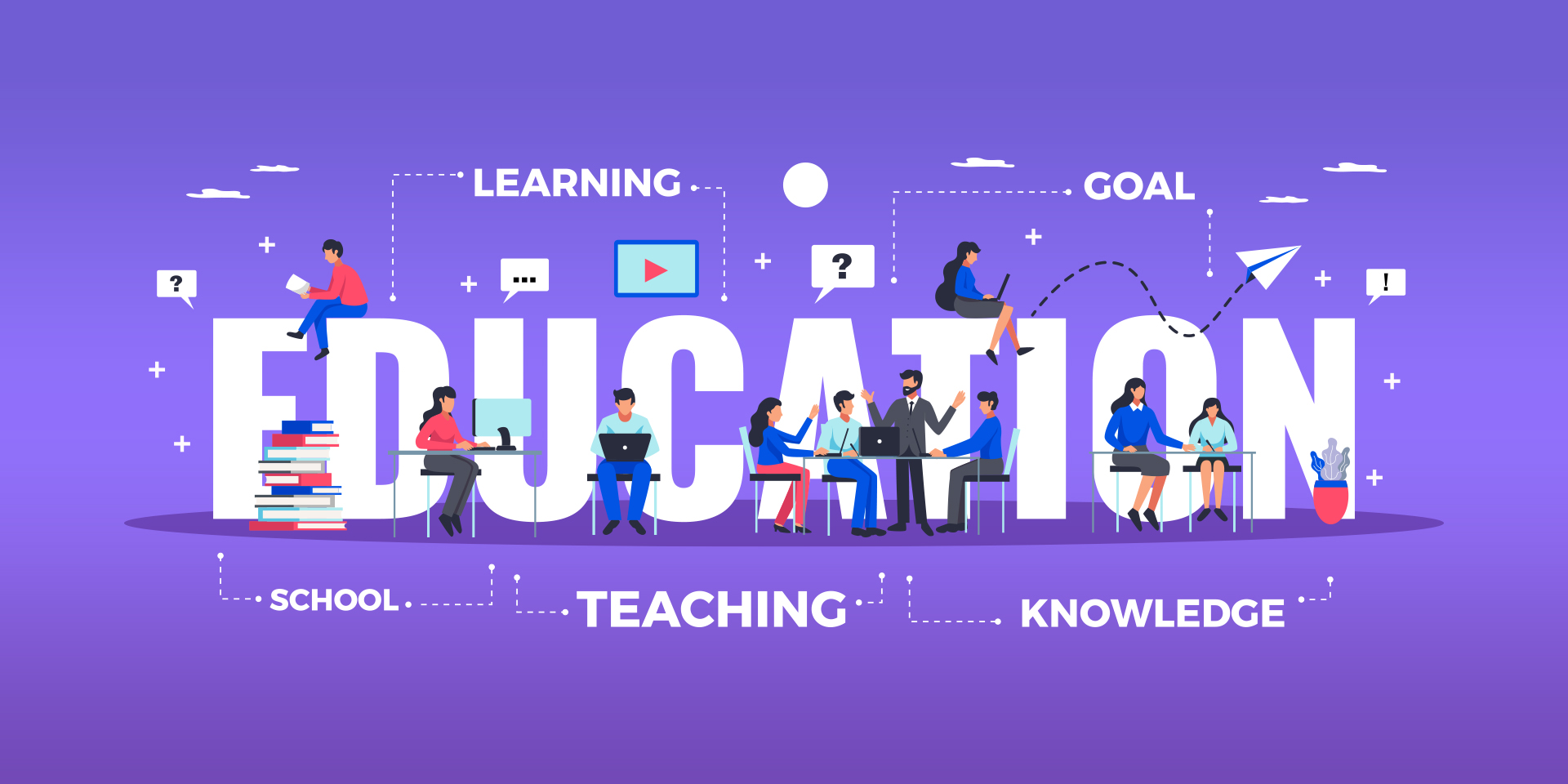The impact of the COVID-19 pandemic was felt in all walks of life and various industries as well. No one would have imagined that a pandemic would strike worldwide and disrupt everything. There were several changes that took place in different sectors, and of course India’s education system was no exception to this.
Lockdown severely impacted India’s education system
- With the lockdown imposed by the Government of India to curb the spread of the Coronavirus, as many as 250 million students were directly affected due to closure of schools in the country.
- Nearly 32 crore learners who were a part of the education system of India stopped going to schools and colleges, as learning activities halted across the country.
- After the COVID-19 pandemic hit the country, there has been a major change in the dynamics of India’s education system.
- Most schools and universities that form the mainstay of India’s education system embraced digital learning.
Innovations in the education sector
- The ongoing pandemic has resulted in various innovations in the education sector.
- Most of these innovations include digital learning, interactive learning, E-learning, AI based learning, and other forms of digitization.
- Who would have imagined that the teachers who want to reduce the screen time of children, would one day themselves sit in front of the screen to conduct learning sessions?
- The pandemic has brought about a significant transformation in India’s education system, and this change is here to stay for a long time, even after the pandemic is over.
Key components of the education system of India
India’s education system consists of three core components. These include:
- Admission to a school/college/university
- Imparting quality education
- Conducting the examinations
For any education system to evolve and succeed, it is crucial that excellence is achieved in all the three components.
Most innovations in the education sector have taken place in classrooms
- The education system of India can be categorized as primary education and higher education.
- There is no doubt that India’s education system has changed drastically with the pandemic, but most of these innovations and changes have taken place with classroom engagements for the learners.
- Schools, colleges, and universities have all switched over from the traditional white-board classroom teaching to digital learning and AI-based learning.
- Interactive learning has made children more interested in studies, and transformed them from passive listeners to active learners.
But, what about the admission process and examinations that form an important part of India’s education system?
Flexibility in India’s education system
- The new education system in India should revolve around flexibility.
- One of the biggest changes that the pandemic has brought to India’s education system is flexibility.
- The ongoing COVID-19 pandemic has shown that life is quite uncertain.
- Keeping this in mind, most universities and colleges should have multiple entry and exit points for courses.
- Also, there need to be ample opportunities and courses for the working professionals.
- With the rapid advancement in technologies, professionals need to upskill and reskill themselves in order to stay up-to-date with the latest happenings in their field.
- Industry ready courses and curriculum have become the need of the hour, especially for the working professionals.
- It can be seen that many institutions and universities have collaborated with E-learning and EdTech platforms to offer industry ready and skill-based training courses for professionals.
Examinations go online
- The examination element of India’s education system is something to have a look at.
- The traditional examination system in India requires meticulous invigilation so that students do not copy and write the answers.
- Considering the pandemic, several examinations across the country have been conducted online with the help of AI-based systems for auto invigilation.
- Remote examinations are great since they are time saving, reduce the cost drastically, and most importantly, there are no geographical constraints.
- The operational and logistics costs are brought down significantly.
- Online proctoring of each candidate is possible through the use of various tools and technologies.
- But, do online examinations get anywhere close to the physical exams?
- This calls for a need to reassess and revisit the need for emphasizing so much on the final written examination.
- Class-based tests, classroom activities, assignments, and projects can also become an effective way of evaluating students, which will promote interactive learning.
Admission process
- The admission process followed in the education system of India is highly competitive, where students focus on getting marks and ranks.
- There is a lot of competition amongst students, which takes a toll on their mental health.
- Students are more inclined towards cracking various competitive examinations.
- One potential game changer in the pandemic and a good thing for India’s education system is that the dependency on external coaching has reduced drastically.
- Most of the students are learning on their own at home using various resources available to them.
- When we speak about entrance examinations, we are only focusing on the ability of the students to use tricks to solve some particular types of objective questions.
- Wouldn’t it be right to focus on the holistic personality of the students towards a particular program or course, rather than just judging them on the basis of some multiple-choice questions?
In the post-pandemic world, a new education system in India will be witnessed. The education system of India will be much more digitized, flexible, tech-savvy. India’s education system will focus on constant assessment and evaluation throughout the year, rather than just the annual written examinations. The admission process in India’s education system will be more student-friendly and less stressful for the learners.


